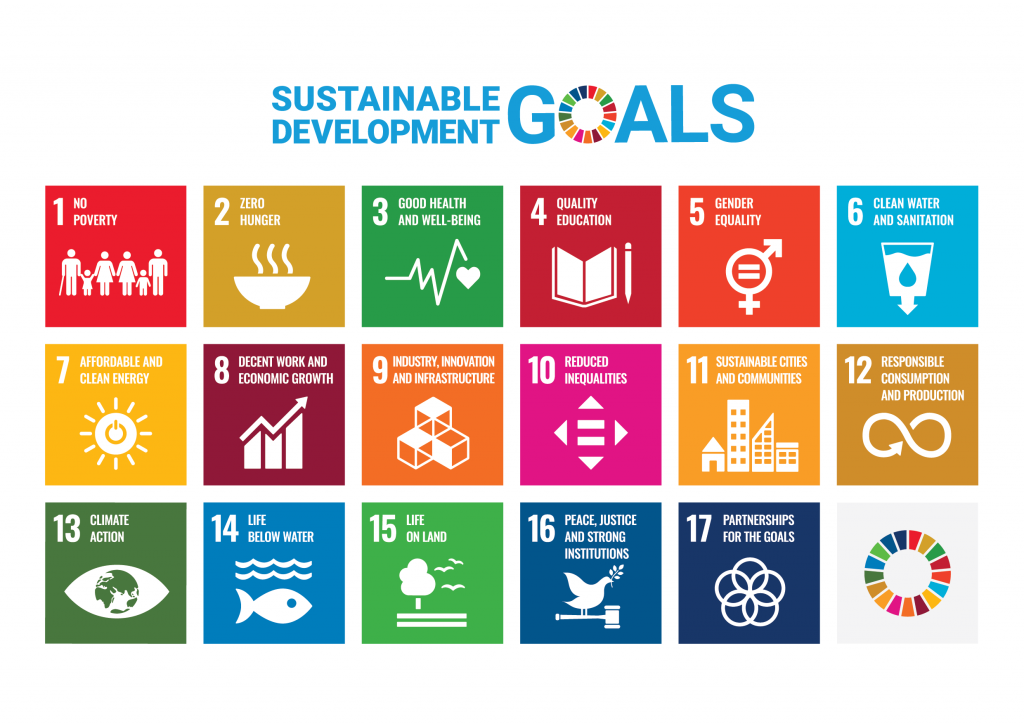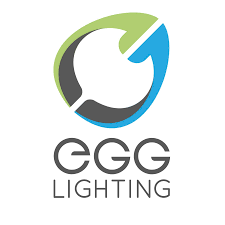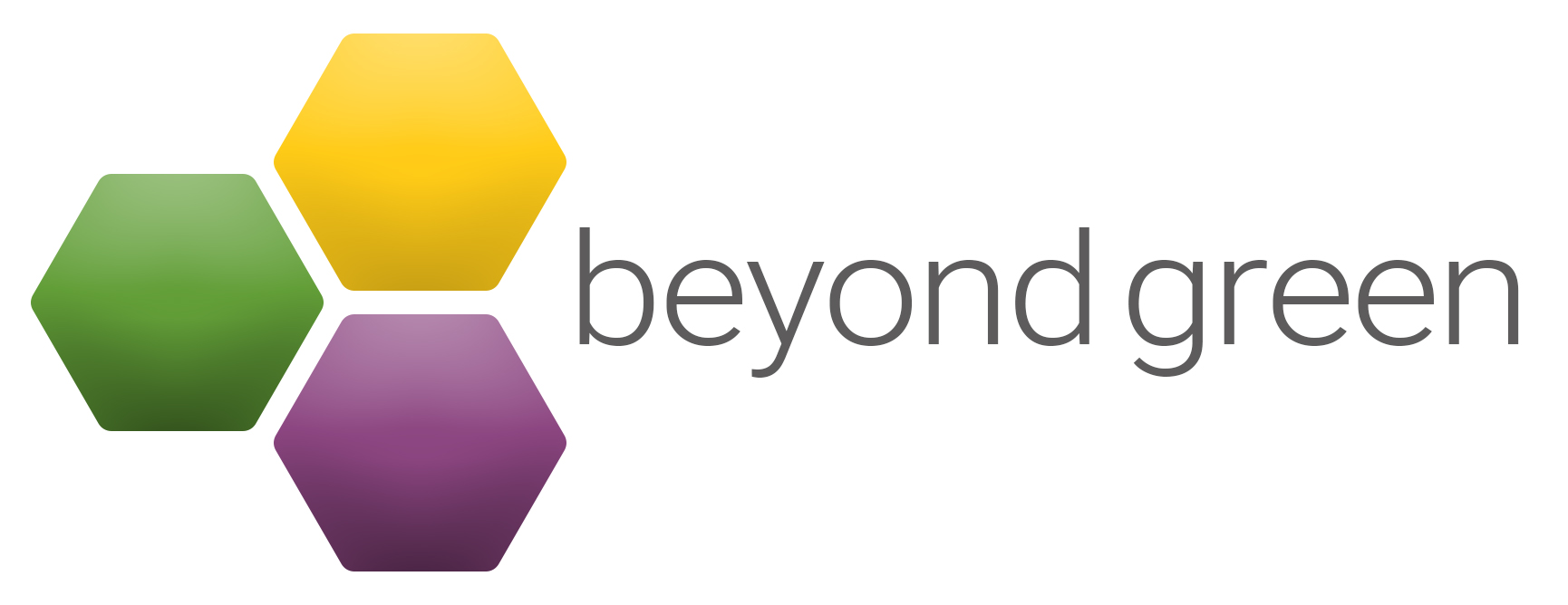What is sustainability?
Not an easy question to answer, given there are over 300 definitions of sustainability. It can mean different things and timescales to different people. But with the uncertainty created by recent UK government announcements about the changes to Net Zero strategies and environmental policies; we need a consistent understanding of Net Zero now more than ever, to allow for the clear, consistent and courageous long-term planning that will give all organisations the confidence to invest in a sustainable future.
Our founder and director Paul Adderley has developed an approach for thinking about sustainability, built on his expertise and reflections from 30 years of studying and working in the field, as well as leading a values-driven business. The framework covers four pillars or “P”s: Philosophy, Purpose, Practice, and Partnership.
1. Philosophy
Philosophy, our first pillar, is about a mindset of how to place sustainability in our hearts as well as our heads when thinking about what it means. It is made up of Connection, Stewardship and Resilience
Connection
Firstly Connection – we are all part of this beautiful planet, not merely detached economic agents of production. Think of a time when you were in awe of a landscape, a view, or wildlife – be it here in Scotland or watching David Attenborough’s PLANET EARTH; amazed at how some species survive in extreme conditions; or lost, emersed even, when we are out walking, or gazing at the intricate wonder of nature in a garden, park or flowerpot.
We are inextricably linked to the life around us, we are interdependent on the success of each other, and our future prosperity is dependent on the health of ecosystems that do so much for us, without charging us for their services.
This sense of connection to the world around us should help frame how we can approach our role in delivering a sustainable future. In essence, our role as business leaders, and as citizens too, is one of Stewardship
Stewardship
Stewardship is about how we guide and lead our organisations to create a legacy for next generations. It involves taking strategic and practical actions that reduce negative impacts, regenerate ecosystems, and build a fairer and more inclusive society where everyone has a place at the table to contribute their skills and abilities.
Resilience
Responsible stewardship will help us create resilience, the third aspect of the philosophy pillar. The climate emergency brings immense challenges and exciting opportunities to all organisations. The secret to resilience is our ability to adapt as leaders and organisations by working with a wider range of stakeholders rather than protecting vested interests.
In the words of one leading CEO in Scotland, “It’s a Moral Imperative”.
2. Purpose
The second P in Paul’s framework is Purpose, or the goals we wish to work towards.
The UN Sustainable Development Goals – SDGs for short – are a great way to help orientate organisations’ sustainable strategies; we use them at Beyond Green to support our clients in considering different aspects of sustainability in their planning.
Therefore, the pillar of Purpose is captured neatly in the framework provided by the UN Sustainable Development Goals, set out in 2015 (The Sustainable Development Goals Report 2021. The 17 goals represent the pressing local and global challenges for 2030. These goals can be split into 3 tiers or systems:
- Planet – Ecosystems for life on land and in water, and climate action
- Social – Good health and wellbeing, gender equality, and reduce inequalities
- Economic – Innovation & Industry, Responsible Resource use & Production, Decent work.
- And running through these and connecting them is: Partnership

The structure of these tiers reflects their interdependencies: Ecosystems form the base – we need functioning ecosystems to deal with our waste and to provide the basics of life like clean air, water, and food. These support the creation of a functioning, flourishing and fair society, which in turn can support a prosperous economy.
Since the 1960’s in particular, we have placed the importance of these systems in reverse order. We have viewed the economy as the foundation to drive progress rather than the result of it.
So the purpose for businesses is to figure out how to operate within the natural order of ecosystems supporting society supporting the economy, to create prosperity for the current generation while providing a legacy for future ones.
And businesses in Scotland are already demonstrating this is possible through the work they are doing today.
3. Practice
There are many Scottish businesses already taking positive action to build sustainable practices. Today, we’d like to highlight two of them: Egg Lighting and the collaboration between GHI Contracts and Melville Housing.
Egg Lighting
Glasgow-based Egg Lighting is a leading remanufacturer of LED lighting units for large scale installations, such as warehouses, hospitals, and local authorities. They supply light, not lighting equipment. Their USP is to continually remanufacture the returned units at the end of their useful life with best available technology, and to lease out the lighting units again. Therefore the business model changes from a linear model of building, installing, and disposing, to a circular model where they supply equipment, lease lighting and then remanufacture. Their processes reduce resource use, waste and carbon emissions across the product life cycle, and represent a step change in industrial innovation which sustainability demands.

GHI Contracts & Melville Housing Association
GHI Contracts, again based in Glasgow, specialises in the refurbishment of high grade commercial buildings. Changing leases creates a lot of waste, particularly carpet tiles which end up in landfill. Since 2017, we have worked with GHI Contracts to find better uses of the tiles with community groups, and in particular with Melville Housing Association.
For a number of years now, Melville tenants have been able to access a free supply of tiles to carpet their homes. Melville’s Flooring not Landfill project is diverting tonnes of waste from landfill, reducing emissions, and providing a valuable resource for tenants struggling to find funds to furnish their home. With simple guides and videos, tenants feel confident and equipped to lay their own carpet. The project is approaching the 100 home milestone. The project is spreading, and recently a former Melville staff member contacted Beyond Green to request carpet tiles for Scottish Borders Housing Association!
GHI is a cost conscious construction company, and they too have benefited from lower waste disposal costs from the project. However, the greater impact is the noticeable pride across the company because they recognise that their partnership with Melville and others is making a practical difference by reducing resource use and poverty in people’s lives.

To many, the Sustainable Development Goals seem like issues for the global south, or the domain of big business, governments and global NGOs. However, the SDGs capture the multidimensional themes of sustainability, which all need to be tackled in order to move towards a truly more sustainable future.
In Scotland, the SDGs have been embedded into the National Performance Framework, and businesses here can play a vital role to enact the essence of the goals within their strategy and daily practices, as illustrated by Egg Lighting, GHI Contracts and Melville Housing Association; all businesses that have benefitted from support from Zero Waste Scotland. Sustainability does not require any of us to have all the answers, to solve the global challenges alone – it relies on our fourth and final pillar:
4. Partnership
Partnership in sustainability means collaboration across sectors as well as within the specific sectors you operate. You will have unique skills and insights to share, and the solutions you’ve developed for your business could help another organisation in a different sector. The existential challenges we face with the climate emergency demand a focus on cooperation rather than purely competition, to bring about the significant step changes required. We can only achieve this by pooling our collective resources.
Whatever sector you work in, you will be thinking about challenges and opportunities in your business, be it operational, technological, or strategic. By having conversations, being curious and being creative, you will be able to progress towards a solution that works for your business, people and planet.
In summary, building a sustainable future requires partnership, purpose and practical positive action.
If you are looking for an external partner to support you in your sustainability journey, we can share our experience and expertise in Net Zero Transition Strategies, Carbon Accounting and delivering on the UN Sustainability Goals to help your organisation move forward. We may also be able to put you in touch with other local businesses through our networks, and collaborate with you on finding innovative solutions for your business. E-mail or call us today to chat about how we could support you.
Note: This blog post is based on a talk Paul was invited to give to a Business Leaders dinner hosted by Anderson Strathern in November 2023 in Glasgow.

